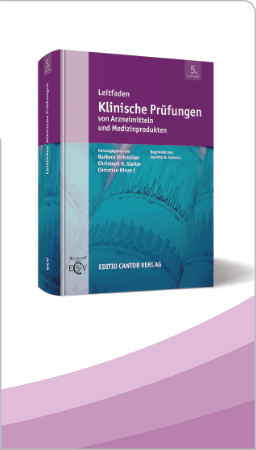Implementierung der elektronischen Meldung von Nebenwirkungen an die Bundesoberbehörden in Deutschland Dr. Elizabeth Storz1 und Prof. Dr. Marion Schaefer2 Wyeth Pharma GmbH1, Münster, und Charite´-Universtiätsmedizin Berlin, Institut für Klinische Pharmakologie2, Berlin Since November 2005 it is mandatory for Marketing Authorization Holders (MAH) to electronically submit reports of adverse events to the Boards of Health (BOH). Using a questionnaire, the Pharmacovigilance department of pharmaceutical companies in Germany was contacted concerning the current status of electronic submission to BOH and its impact on the respective routine workload. Fifty-three returned questionnaires were available for analysis. The number of participating companies was approximately the same for companies with high, medium and small annual number of cases. Particularly companies with a high or medium number of Individual Case Safety Reports (ICSR) per year already submit these electronically to the national BOH and EMEA or will start electronic submission in 2006. The major part of those companies that already submits ICSR electronically or plans on doing so uses a company-specific gateway. For data processing and preparation of ICSR most companies use a commercially available database. Mandatory electronic submission made it necessary for many companies to either purchase a new database or update the existing programs with E2B functionality. Electronic submission changed workflow in the companies and leads to timesavings in about one half of the companies. The majority of the companies did not change the procedure for processing of adverse event reports. Problems arising during implementation of elecAbteitronic submissionmainly concerned communication difficulties with BOH, technical problems and staff shortages. In the era of storing data on electronic media many pharmaceutical companies maintain a paper copy of adverse event reports apart froman electronic version. Companies already using electronic submission consider this procedure positively. It remains to be seen when electronic submission of ICSR from pharmaceutical companies in Germany to BOH will be standard practice. |
|
|
pharmind 2007, Nr. 4, Seite 421




